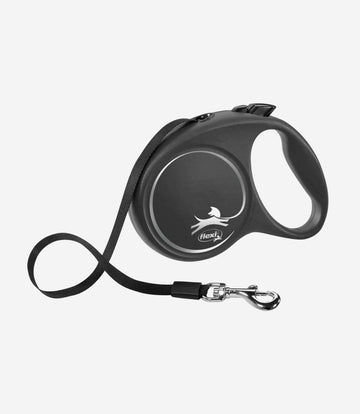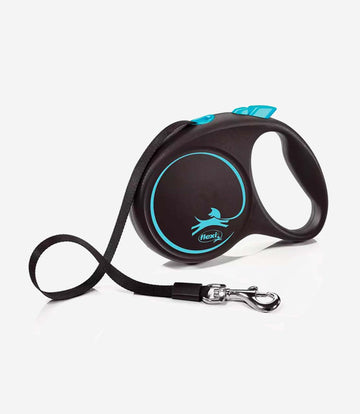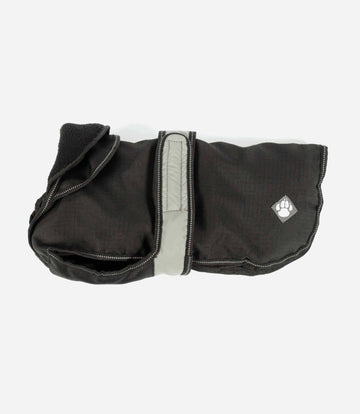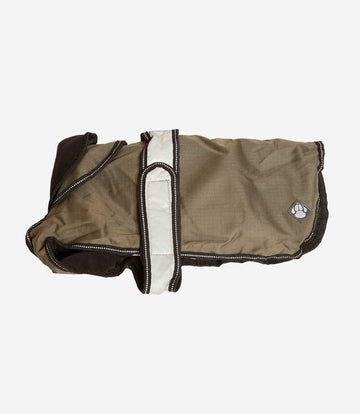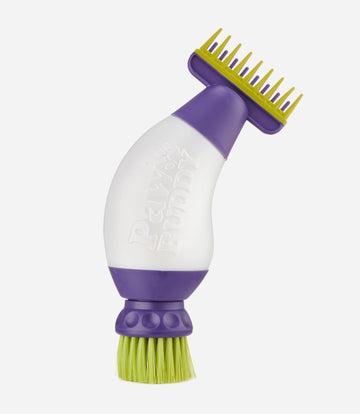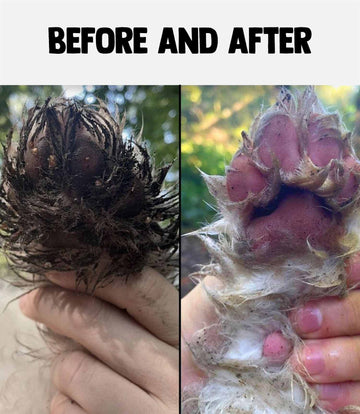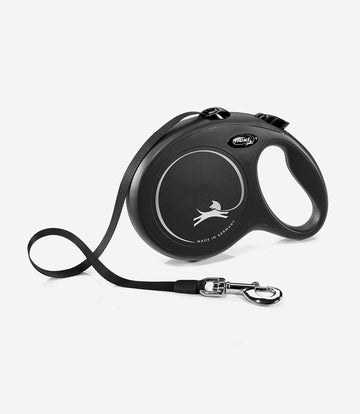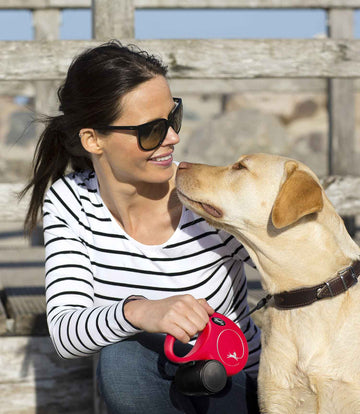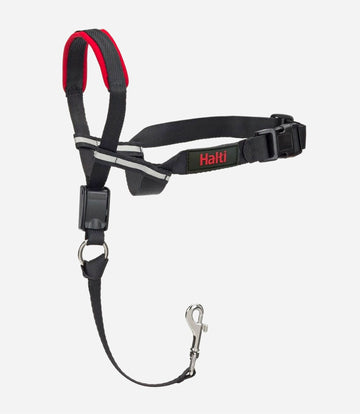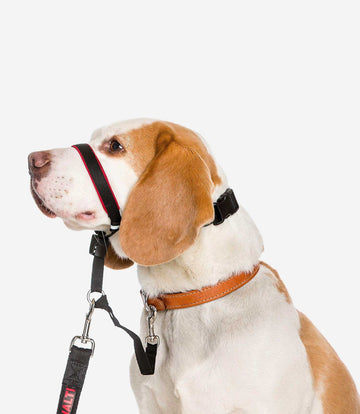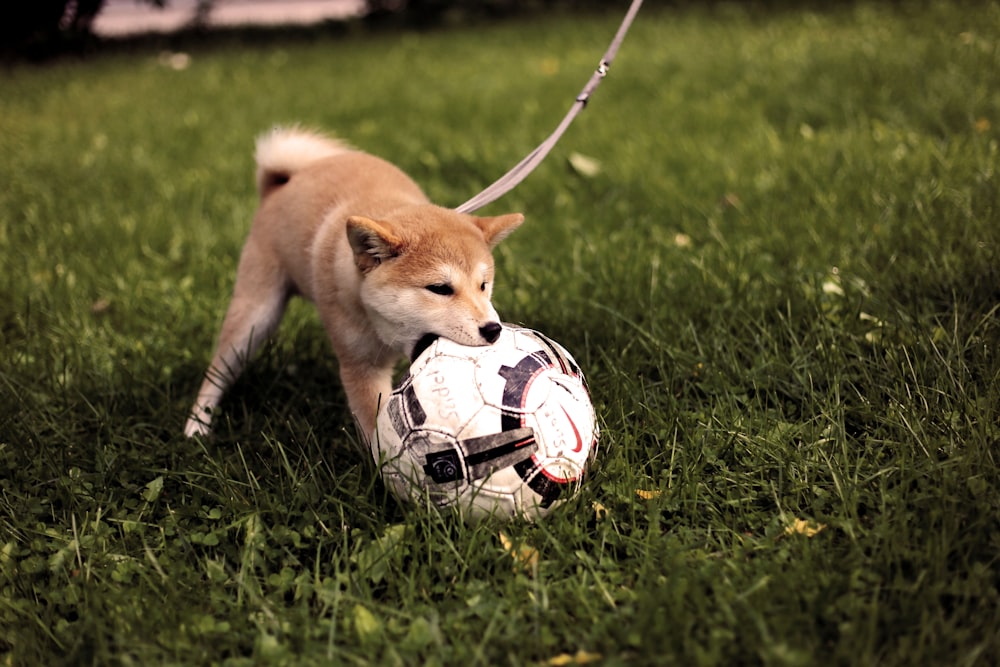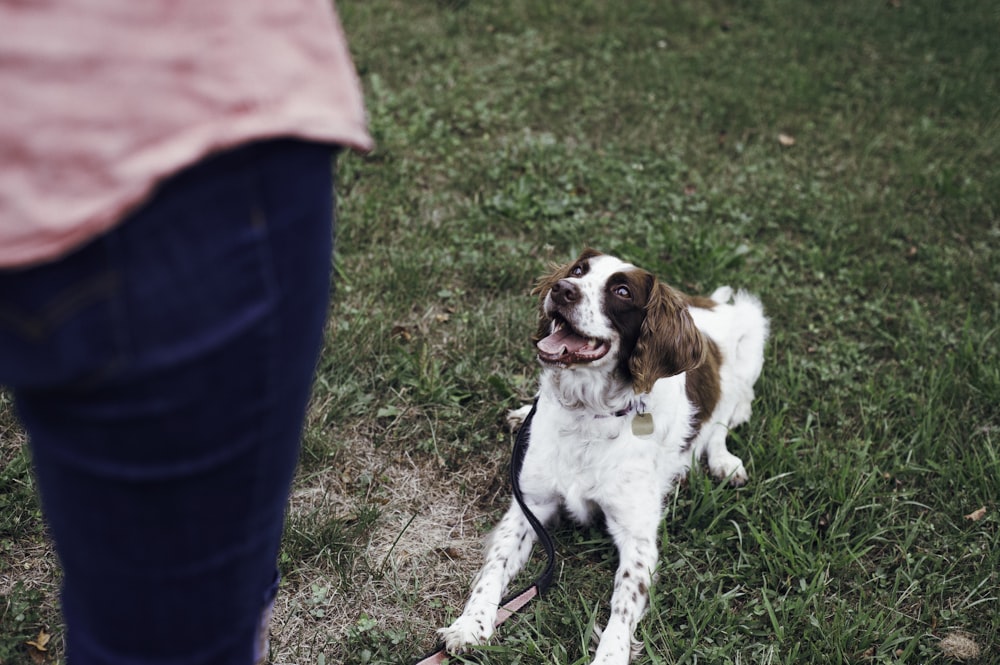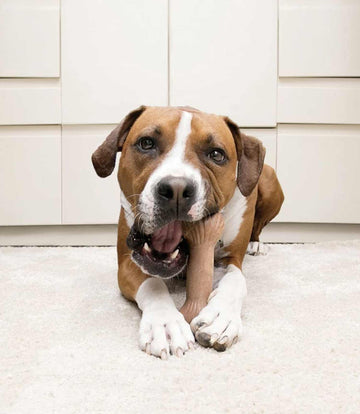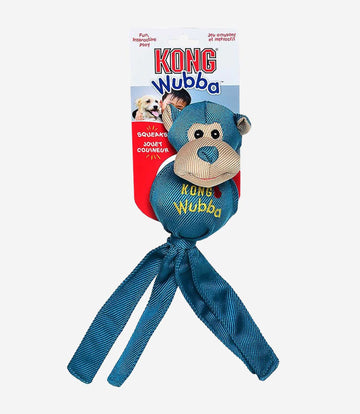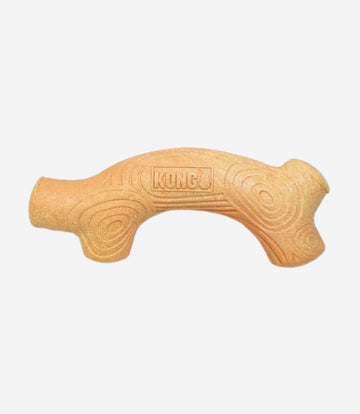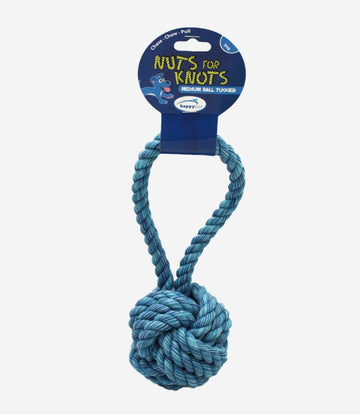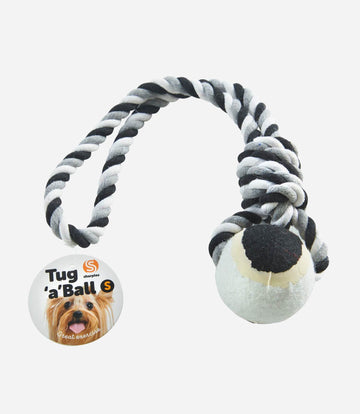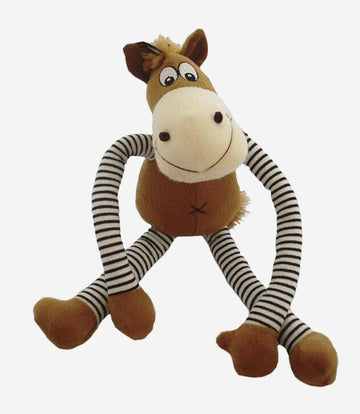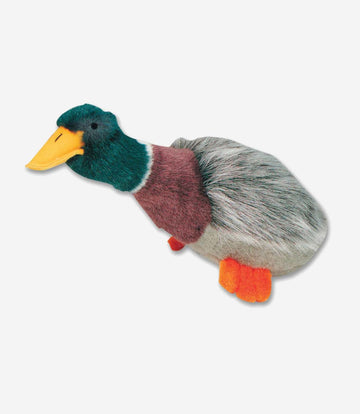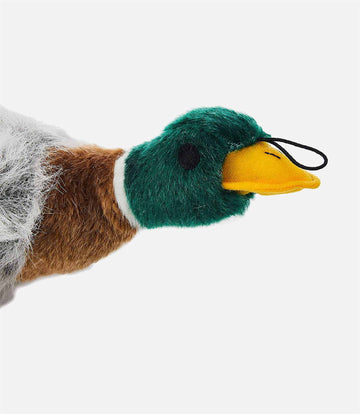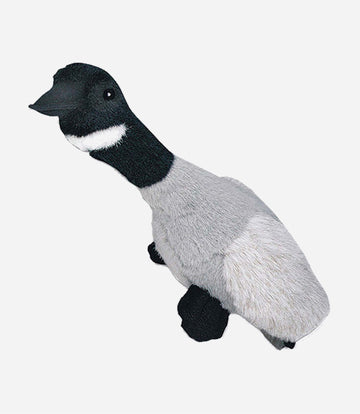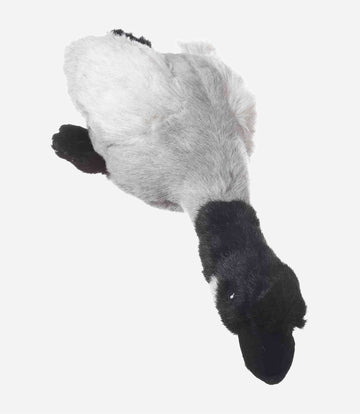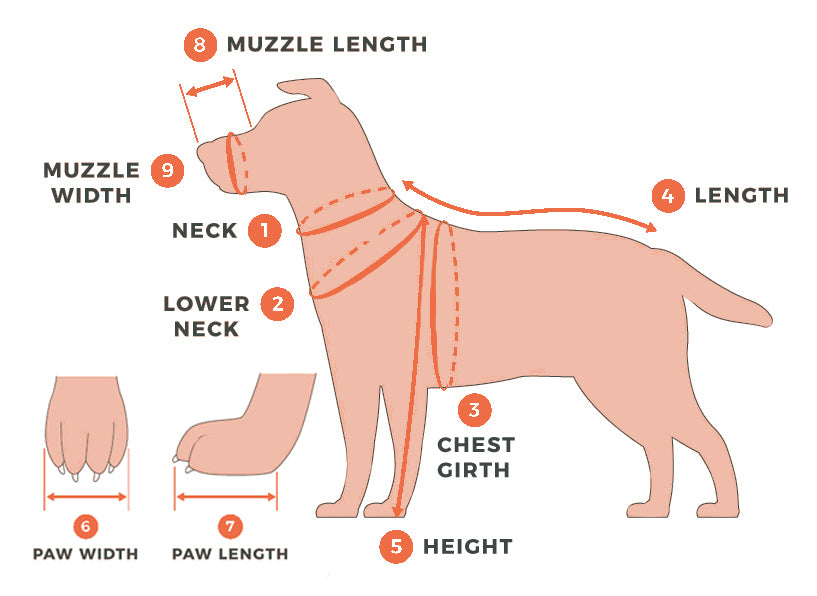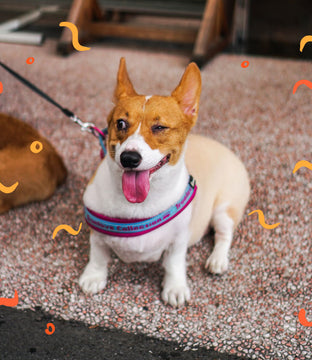Train Your Dog to Stop Biting
If you're dealing with a dog that barks at people or other dogs, you may have a dog that's also getting into fights. Dog biting is not that uncommon for certain dog breeds, especially with certain types of dog aggression. In this blog, we'll look at some tips on how to prevent dog bites and how to effectively stop a dog from biting.
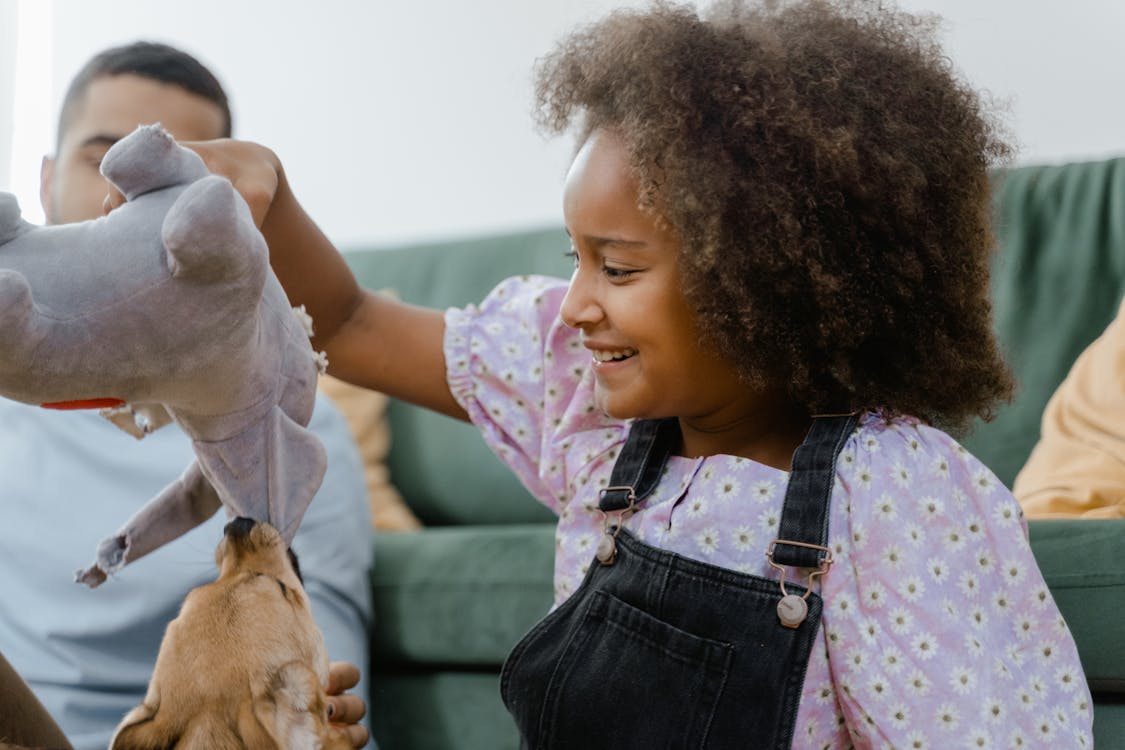
Socialise Your Dog from Young Age
When you get a puppy home, one of the things that you need to do is introduce him to as many new places, people, and situations as possible in order to give your dog a chance to become well socialised. Because a socialised puppy is far less likely to be fearful in new situations, he will also be far less likely to display aggressive behavior because he's confident about meeting new people and without fear of being in a situation that might make him feel threatened.
If for some reason your dog has become more mature and this isn't one of the benefits that you're after at this point then we still recommend that you begin working on adult-specific socialisation nevertheless.
Inhibit the Biting
The first step for how to stop your puppy from biting is to inhibit the biting. It's normal and common for puppies to mouth each other when they play together, but when a dog bites too hard or starts doing it out of nervousness, yelp and pull your hand away in a non-threatening way. This will jolt the puppy at just the right moment and he'll release, then you can give a firm "NO" before returning to whatever you were doing previously.
Provide Adequate Exercise
Exercising with your dog can be one of the best ways to cure them of excessive biting. Exercising a puppy is one of the best ways to help alleviate behavior problems, and it can also help prevent them from developing in the first place.
And this is particularly important for puppies because oftentimes they act out when they haven't had enough physical activity (playing) and mental stimulation. The amount of exercise that your puppy needs will vary from breed to breed and from age to age.
Neuter or Spay Your Dog
The number of dog bites can be reduced by altering their reproductive system, according to a study done by the Humane Society. Spaying or neutering may provide better control over aggressive behavior. If you are thinking of bringing home a dog, we recommend that you decide on one that has been spayed or neutered, because aside from preventing over-population and saving lives, your family or neighbour's might thank you for it.
Work On Obedience Training
An obedient dog is easier to keep control of. For the safety of its owner and any people it comes in contact with, a dog needs to be obedient and responsive to commands when the need arises. A well-trained dog feels confident about itself and will not feel the desire to bite others or fear being bitten by someone else.
By working on their obedience training for a little time every day, owners can teach their dogs to obey simple commands such as "Sit" and "Come" without fail. Obedience training helps dogs know what is expected of them at all times and alleviates stress from an owner's perspective since they don't have to worry about their pets misbehaving if they are taken outside at the wrong time or place.
Learn About Body Language of Your Pup
A dog uses its body language to communicate. Pay close attention to what your dog's body is telling you. A dog who is afraid or unhappy about someone entering its territory has the potential to bite. Behaviors such as bared teeth, raised hackles, a lowered head, or ears lying flat against the head are signs that a nervous dog feels threatened and might bite. If you notice a dog displaying this type of behavior immediately remove your person from the situation and advise others to do so as well.
Use Positive Reinforcement
Positive reinforcement dog training is a type of dog training that emphasises positive feedback for good behavior to encourage the same behaviours to persist. The most common way to achieve this type of praise is by using treats, though it's possible to reward your dog with "life rewards" like a longer walk or extra playing time.
It has also been proven that dogs enjoy praise more than they find treats appealing, which is one reason why verbal encouragement and petting are just as effective on their own.
Provide Distraction
While it may be frustrating, chewing is part of being a puppy. Puppies chew because they are curious. Curious puppies might taste things that smell interesting - like house furnishings. Learning what your puppy finds interesting will help you prevent them from eating harmful things or damaging furniture you don’t want to be chewed on. Make sure there are safe and interesting toys around your home that they would enjoy chewing on, whether that’s rope toys or other stuffed animals instead of the couch.
Don’t Get Frustrated
The world is pretty tough for puppies sometimes! But never forget that your puppy does not understand every aspect of their world yet. As a responsible pet owner or parent, it’s important to always keep your mind in check when interacting with your pet. You’ll find that way too often people get frustrated and begin to lose their cool with their pets.
This is not good for the animal and does no favours for you as the owner either because there will come a time when your feelings toward your pup/dog get buried beneath frustration and anger. It’s immensely more productive if everyone remains calm and cool.
In fact, how you treat a dog can affect how good they become at learning new things so keep that cool head-on at all times because we wouldn’t want any of those frustrations spilling into training sessions now, would we?
Conclusion
Dog owners all over the world will tell you that puppy biting can be one of the most challenging things to deal with. Even if your dog is biting you with no ill intent, it can still be very painful. We hope this blog post has helped you learn how to train your dog to stop biting.

